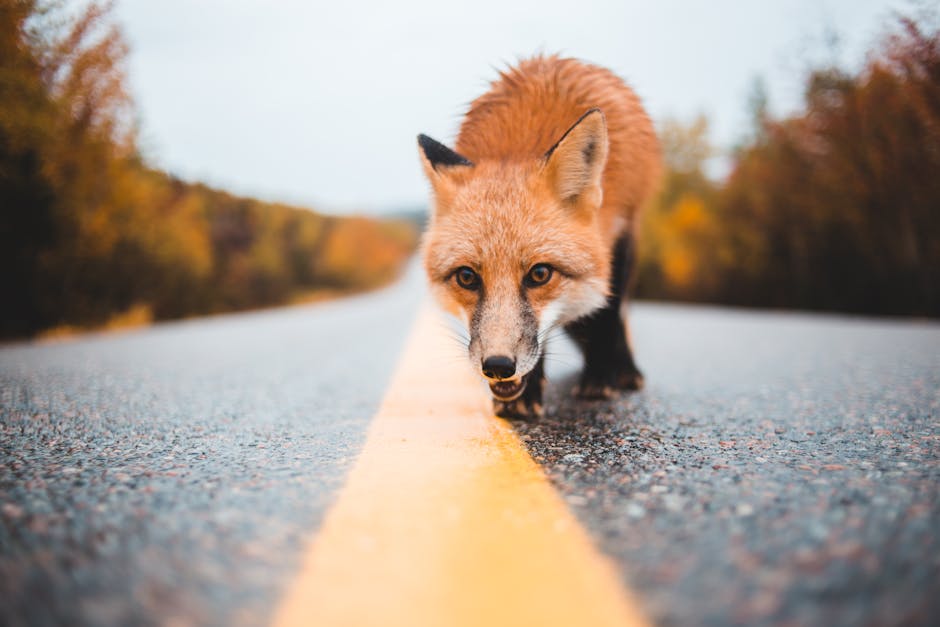Nature Guide Payal Mehta on How Her Curiosity Led to a Life in the Wild
In a world dominated by concrete jungles, Payal Mehta’s journey proves that curiosity can bridge the gap between urban life and the wild. A celebrated nature guide and wildlife expert, Payal has spent over a decade exploring India’s forests, mangroves, and sanctuaries. In an exclusive interview, she shares how a simple question—“What’s out there?”—shaped her extraordinary path.
A Childhood Fueled by Curiosity
Growing up in Mumbai, Payal’s weekends at Sanjay Gandhi National Park sparked her love for nature. Armed with her father’s binoculars and her mother’s bird guidebook, she bombarded her parents with questions: “Why do kingfishers dive so fast? How do spiders spin perfect webs?” This relentless curiosity led her to study Environmental Science and later specialize in Wildlife Conservation.
Leaving Corporate Life for the Wild
Payal’s career began in a corporate office, but the call of the wild grew louder. A solo trek in the Western Ghats became her turning point. “I watched a Malabar giant squirrel leap through the trees and realized—this was my true office,” she laughs. She quit her job, embracing eco-tourism and conservation full-time.
Guiding with Purpose: Thrills and Lessons
As a nature guide, Payal doesn’t just track tigers or rare birds—she fosters a deeper bond between people and the environment. Leading tours in Ranthambore, Sundarbans, and the Nilgiris, she teaches visitors to “listen to the forest’s whispers.” But the wild isn’t without risks. “A sloth bear once charged me in Madhya Pradesh,” she recalls. “It was terrifying, but it taught me humility. Wild animals demand respect.”
Using Curiosity to Drive Conservation
Payal believes curiosity is key to protecting nature. Through workshops and social media, she urges city dwellers to ask questions: “Why are sparrows vanishing? Where do fireflies go after monsoon?” Her mantra: “Knowledge breeds care.”
Hope for India’s Wilderness
Despite deforestation and climate threats, Payal remains optimistic. “Every child who gasps at their first hornbill sighting gives me hope,” she says. She now partners with NGOs to create “green classrooms,” where students learn ecology not from books, but from rustling leaves and birdsong.
A Life of Purpose
Payal’s story is a testament to following passion. “The wild welcomes anyone willing to learn,” she says. Her advice? “Start small. Plant a tree. Follow an ant trail. Curiosity doesn’t need a jungle—just a spark.”
As dusk falls over Tadoba-Andhari Tiger Reserve, Payal’s journey—from Mumbai parks to leading research expeditions—stands as a powerful reminder: the wild rewards those who dare to wonder.
For more stories on conservation and eco-conscious living, follow NextMinuteNews.




